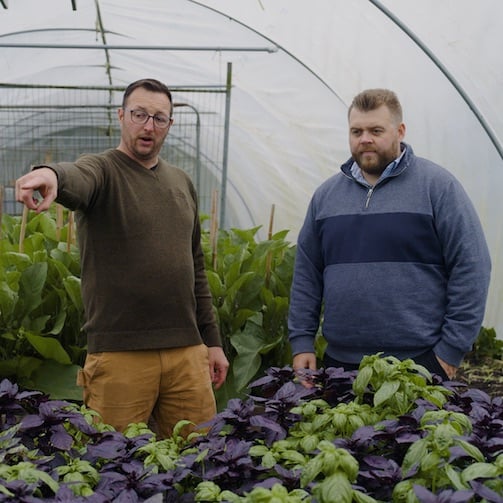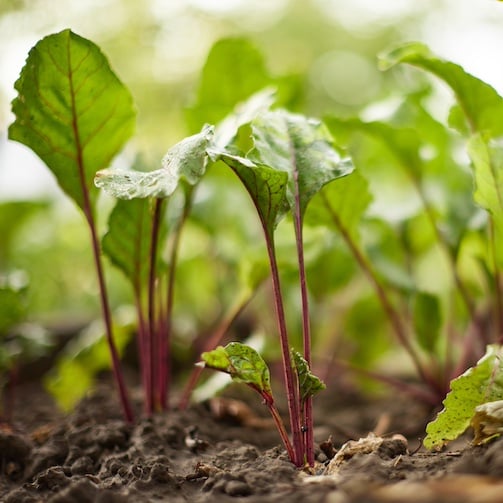
Catering and sustainable farming: the perfect partnership
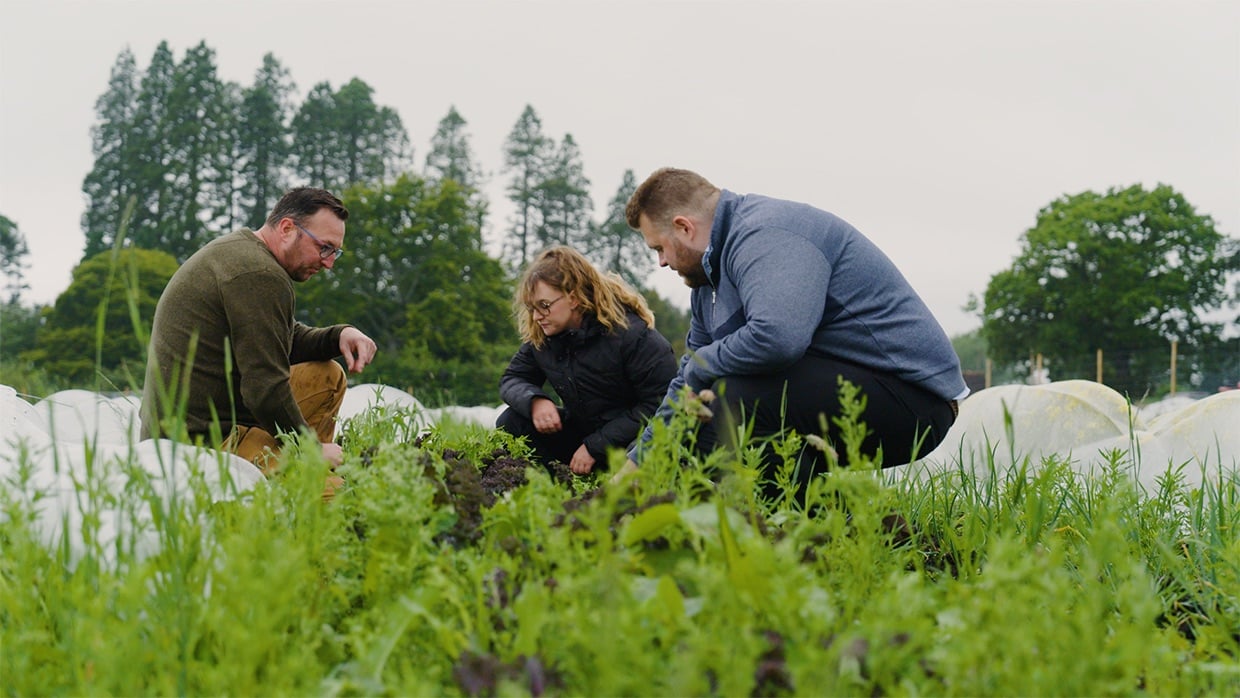
As a catering company, we buy a lot of food to feed a lot of people. We care about where that food comes from, and we want to be able to continue feeding people for years to come.
Soil scientists have discovered that 33% of all the Earth’s soils are already degraded, from things like chemical pollution and erosion, and that 90% could become degraded by 2050.
One of the ways we can reverse this damage is through the wider adoption of sustainable farming practices, sometimes referred to as ‘regenerative agriculture’.


Greater biodiversity
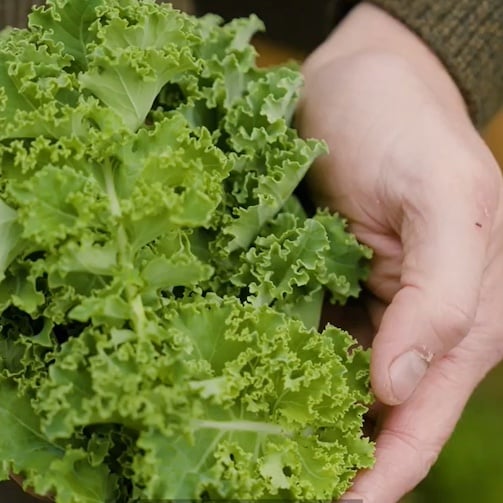
Improved water retention

Reduced greenhouse gas emissions
Generally speaking, sustainable farming methods prioritize restoring and improving soil health, increasing biodiversity and working with natural ecosystems.
You can find out more about sustainable farming practices on this page from the WWF.
Working with Full Circle Farms
We want to be part of the solution. Businesses like ours can play a crucial role in sourcing ingredients from farms who practice sustainable agriculture.
In the United Kingdom Sodexo Live! and the Good Eating Company (GEC) have started working in partnership with Full Circle Farms, a farm that offers organizations the opportunity to grow vegetables following sustainable farming practices with help of its farm team.
The Full Circle team works closely with our chefs at the different venues, in an amazing collaboration between farmers passionate about farming and chefs passionate about food. The partnership helps our chefs to understand different ingredients and why different vegetables taste better at different times a year. Fully understanding the science behind the crops means that our menus are planned to minimalize waste and maximize flavor! It gives us full traceability of our produce and ultimate freshness as produce is often out of the ground and into the kitchen within 12 hours.
No artificial fertilizers or chemicals are used on the farm and food waste from our venues is returned to the farm, where it becomes compost and part of the soil regeneration process.
The farm also supports the local community. Local people come to learn how to look after animals and grow crops whilst looking after the soil and environment. In addition to this, the farm supplies local food banks, the plots designated for food banks are funded by the companies who partner with the farm.
We’ve already supplied more than eight tons of organic vegetables from this farm which have been used at events and iconic customer venues such as Royal Ascot, Fulham FC and Brighton & Hove Albion FC.
Find out more about Good Eating Company’s partnership with Full Circle Farms in this video was produced by BBC StoryWorks as part of the #PurchasingPowers series, presented by Consumers International:
More about Sodexo

Food
Modern Recipe: Elevating sustainability with whole ingredients
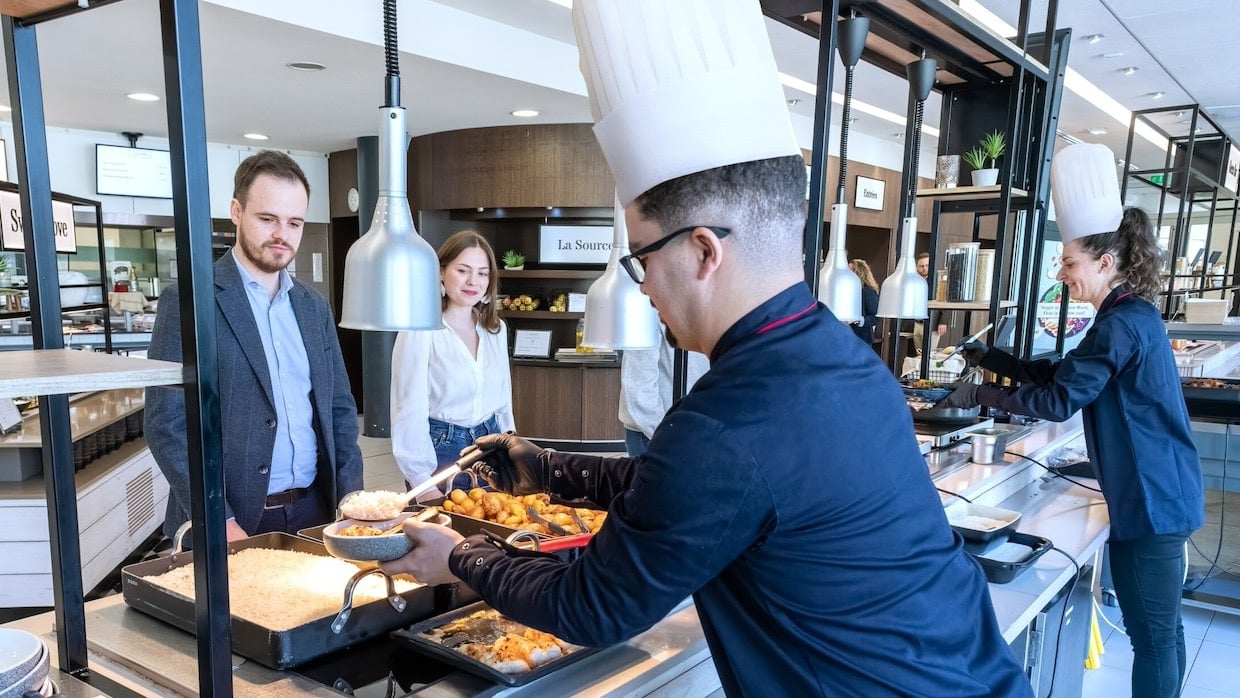
Food
Four food trends influencing workplace restaurant menus in 2025

Diversity Equity and Inclusion
Beyond labels: creating a truly inclusive workplace
